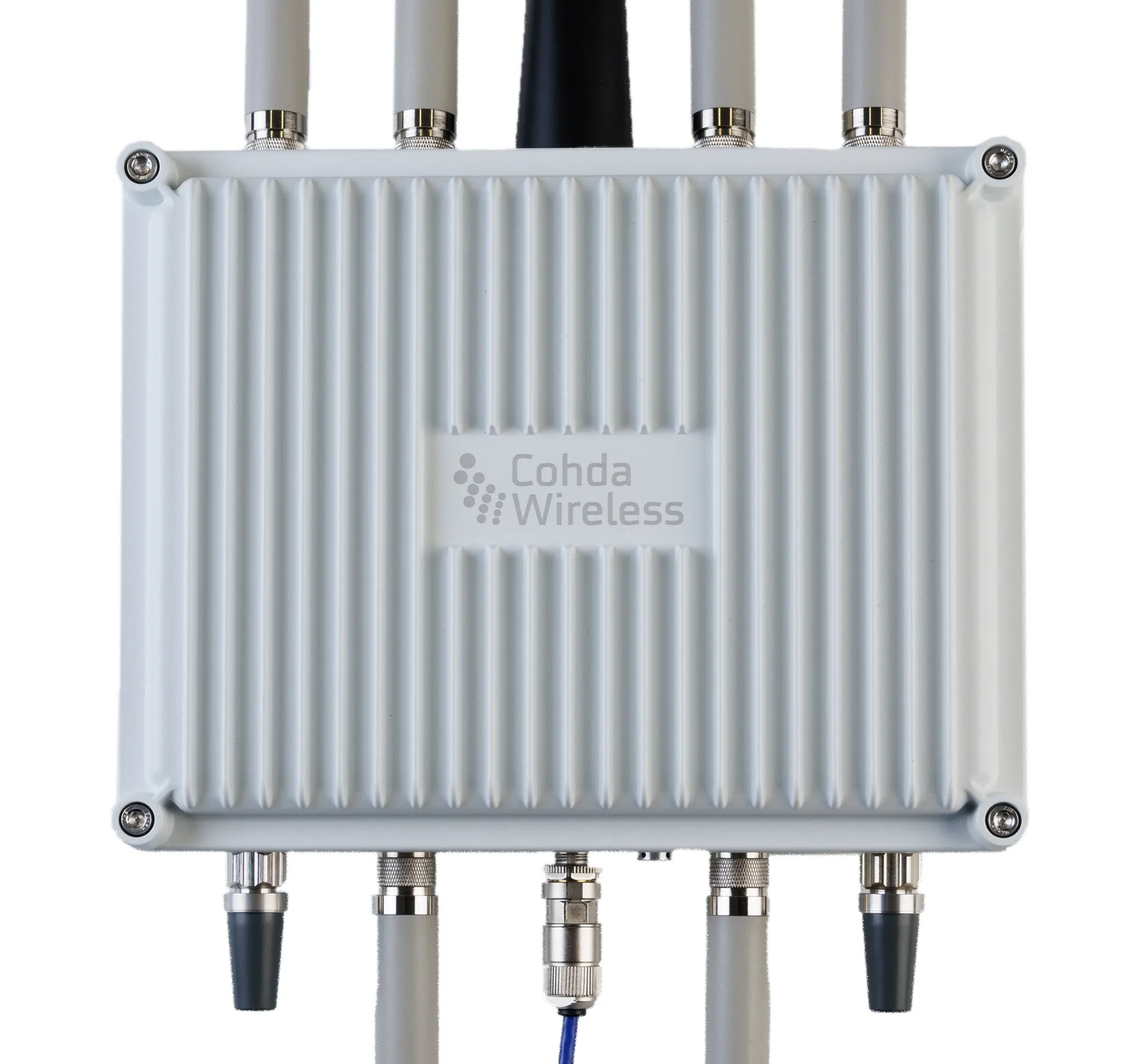Shinsung Control of South Korea will be at Intertraffic Amsterdam with a range of road safety products including the EuroSmart Cushion, the company’s impact attenuator which has very recently been listed on Highway England’s list of EN 1317 Compliant Road restraint Systems. Shinsung’s patented system features an energy absorption pipe (EAP) that absorbs the energy of an impact, as it bursts and coils from the rear of the device.
March 2, 2016
Read time: 1 min










